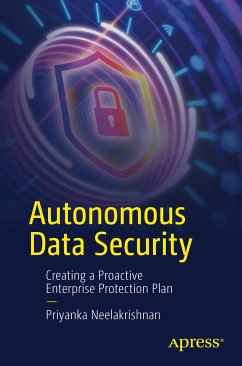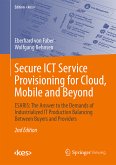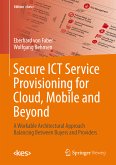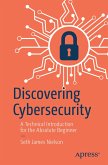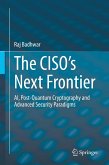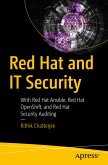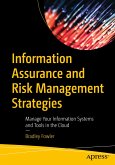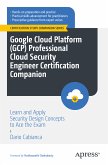By exploring the factors that should be taken into account, the book highlights the significant gap in existing data safeguarding solutions, which often rely solely on configured security policies. It proposes a forward-thinking security approach designed to endure over time, surpassing traditional policies and urging readers to consider proactive autonomous data security solutions. Additionally, it delves into the system's ability to adapt to deployed environments, learn from feedback, and autonomously safeguard data while adhering to security policies.
More than just a set of guidelines, this book serves as a catalyst for the future of the cybersecurity industry. Its focus on autonomous data security and its relevance in the era of advancing AI make it particularly timely and essential.
What You Will Learn:
- Understand why data security is important for enterprise businesses.
- Learn how data protection solutions work and how to evaluate solutions in the market.
- Discover how to start thinking and evaluating requirements when building solutions for small, medium, and large enterprises given data protection is your utmost priority.
- Understand the pros and cons of security policy configurations defined by administrators and why they can't provide comprehensive protection.
- Learn how to safeguard data via adaptive learning from the deployed environment - providing autonomous data security with minimal policies.
- Discover how to build self-learning adaptable intelligent systems to provide data security with comprehensive proactive protection.
Dieser Download kann aus rechtlichen Gründen nur mit Rechnungsadresse in A, B, BG, CY, CZ, D, DK, EW, E, FIN, F, GR, HR, H, IRL, I, LT, L, LR, M, NL, PL, P, R, S, SLO, SK ausgeliefert werden.

